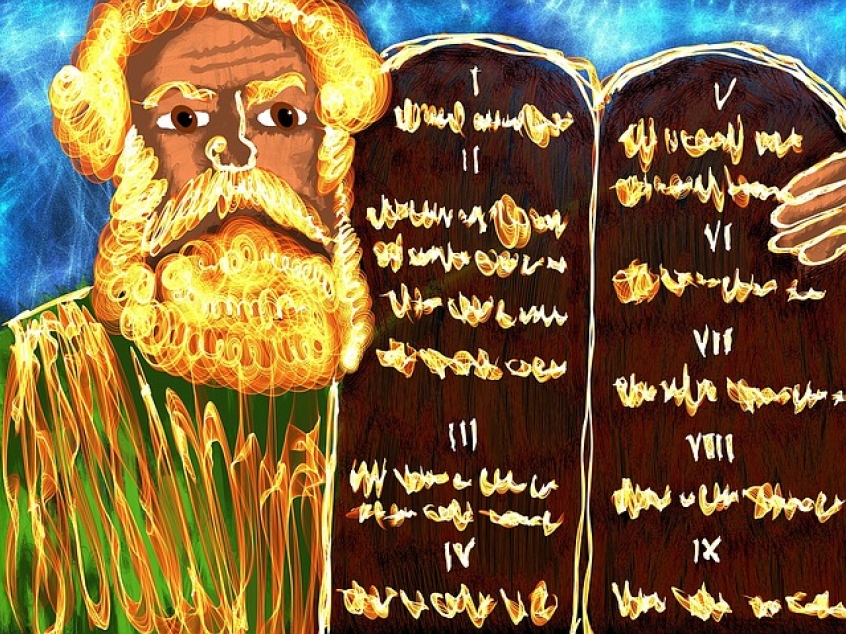
"For the law of the Spirit of life in Christ Jesus has set me free from the law of sin and death. For what the law could not do, in that it was weak through the flesh, God did by sending His own Son in the likeness of sinful flesh, and concerning sin, He condemned sin in the flesh, in order that the righteous requirement of the law might be fulfilled in us, who walk not according to the flesh but according to the Spirit." – Romans 8:2-4
All who are in Christ know that it is grace that saves. Obedience to the law of God as told to Moses in Exodus cannot bring salvation to any person, for salvation is by grace through faith in Jesus Christ (see Ephesians 2:8-9).
However, one thing that people ask in light of this is, "should I still obey the Ten Commandments if I'm already under grace?"
Friends, the answer is a big and resounding "yes."
Why Obedience to the Ten Commandments Matters
God gave Moses the commandments as a set of rules that should govern His people's thoughts, actions, and behaviours (see Exodus 20). The Old Testament tells us that when someone sins or breaks a commandment, that person should bring a sacrificial offering to the Lord for their sins so that they may be "covered" (see Leviticus 17:11).
The covering, however, doesn't mean that the sins are taken away (see Hebrews 10:4). Our sins remain, and although they are covered by the blood of the sacrifice, they are still there, and the sinful man is able and likely to commit sins of the same kind again.
God's commandments to Moses were given so that we would know the standards for righteousness that God expects from us. Through these commandments we know that we are unable to attain them. We are a sinful people, unable to overcome sin in our own strength. By these commandments we realise our desperate need for someone to free us from sin, a Saviour.
Christ's Work Enables Us to Obey
Christ shed His blood on that cross as a sacrifice for our sin. But unlike the blood of animals that can only "cover," Christ's shed blood forever takes away our sin from us (see John 1:29; 1 John 1:7). His blood sacrifice cleansed us – that even if our sin were as red as crimson and scarlet, we are washed clean as white as snow and wool (see Isaiah 1:18).
Christ's finished work, then, gives us a new perspective on the Ten Commandments: These Commandments show us the righteousness that God wants us to have.
Our obedience to the commandments will never ever be able to give us salvation (see Romans 3:20). It will, however, show our love for God (see John 14:15). These commandments tell us what God likes and hates, and when we obey them we simply do it to please God.
Christ's finished work is the only thing that gives us salvation. It gives us the power to say "no" to sin and "yes" to God.













